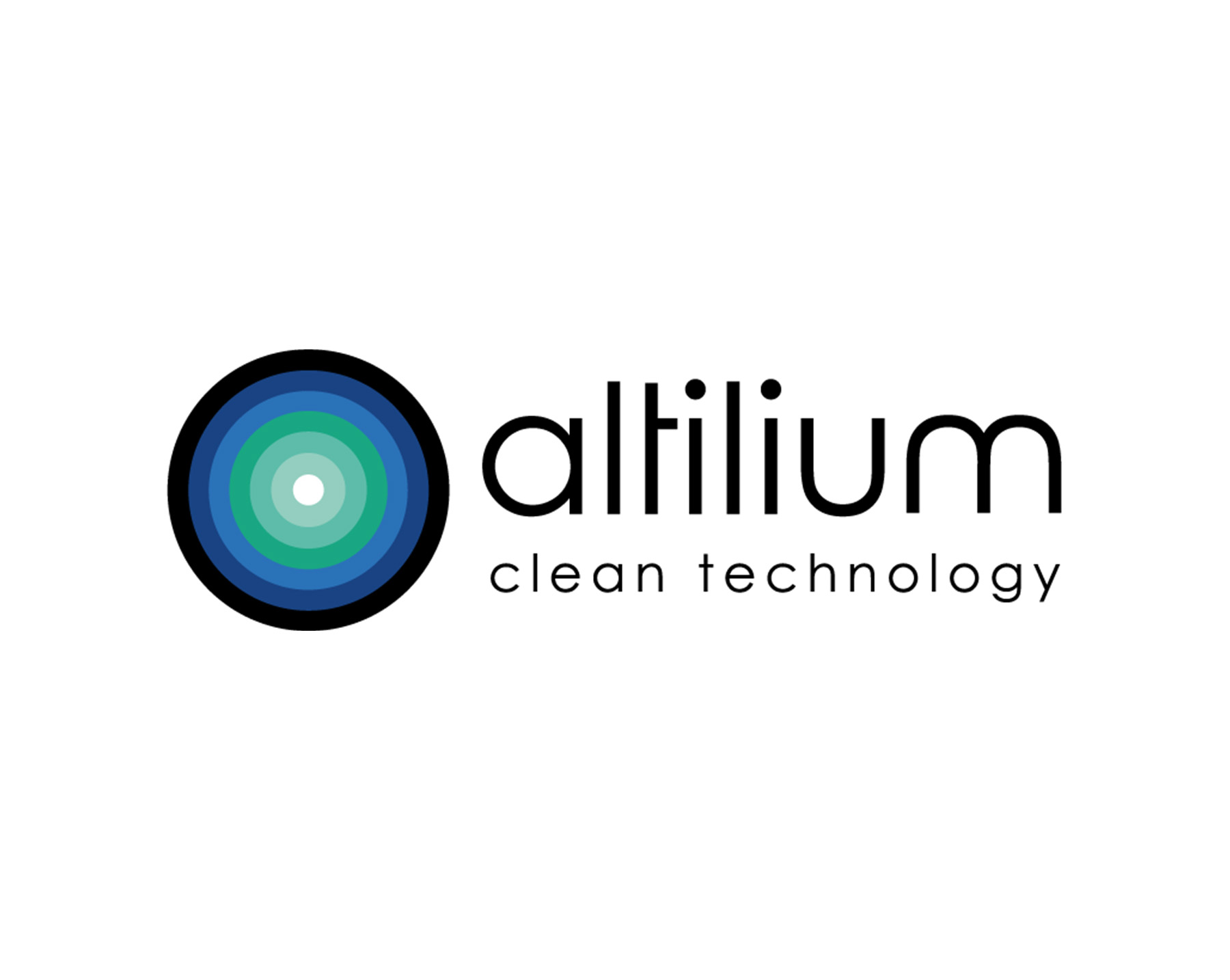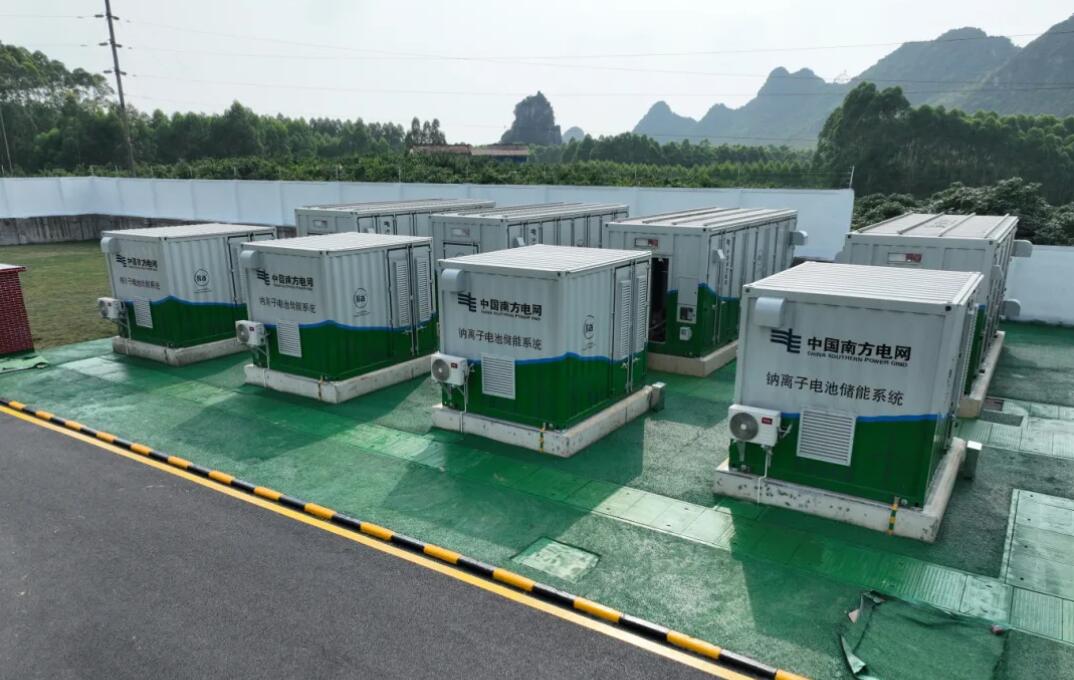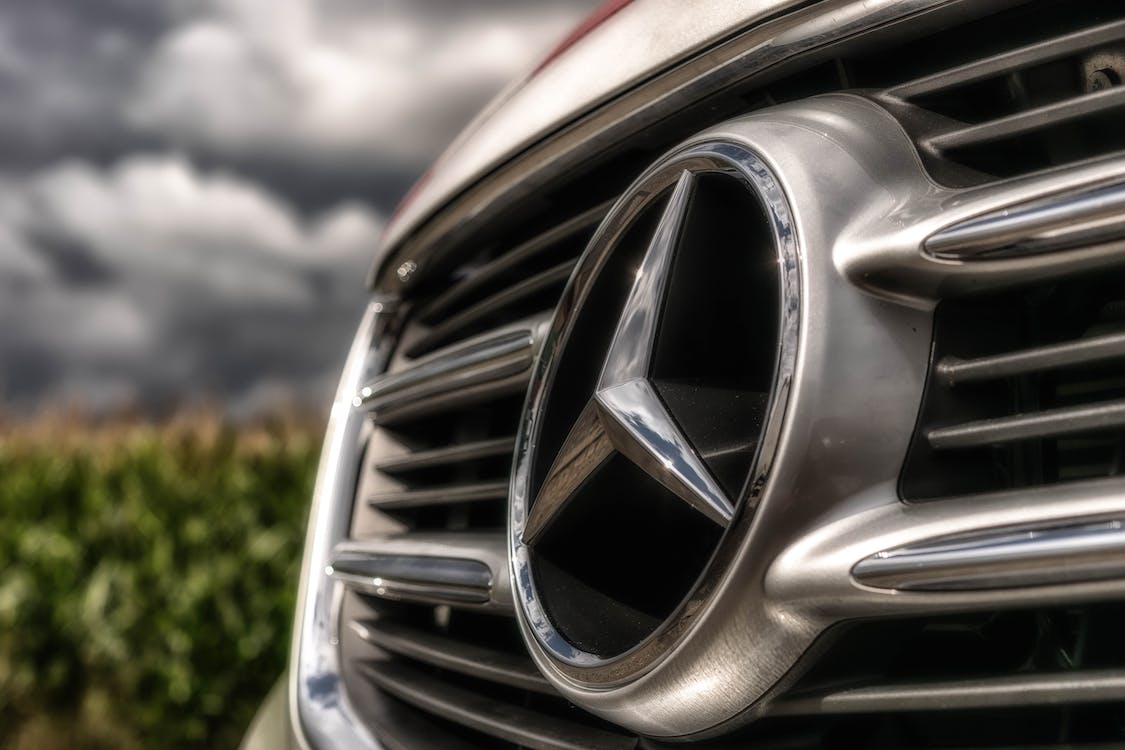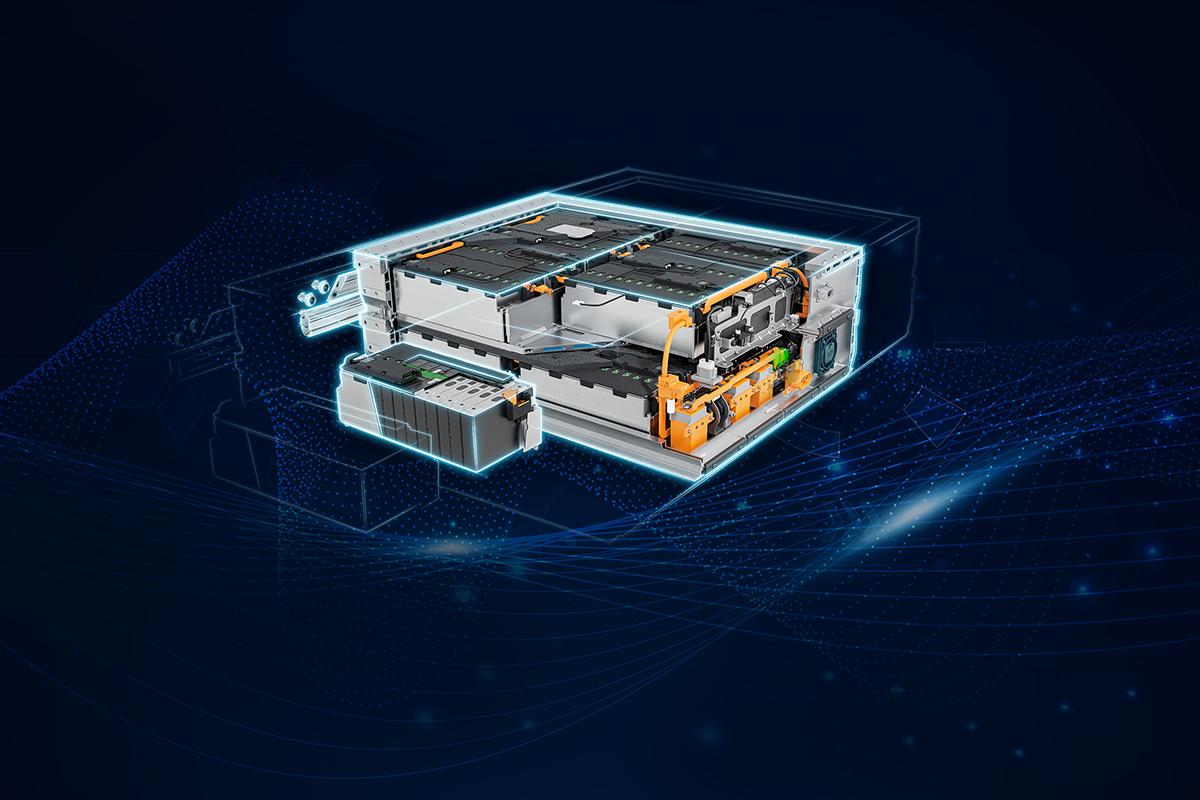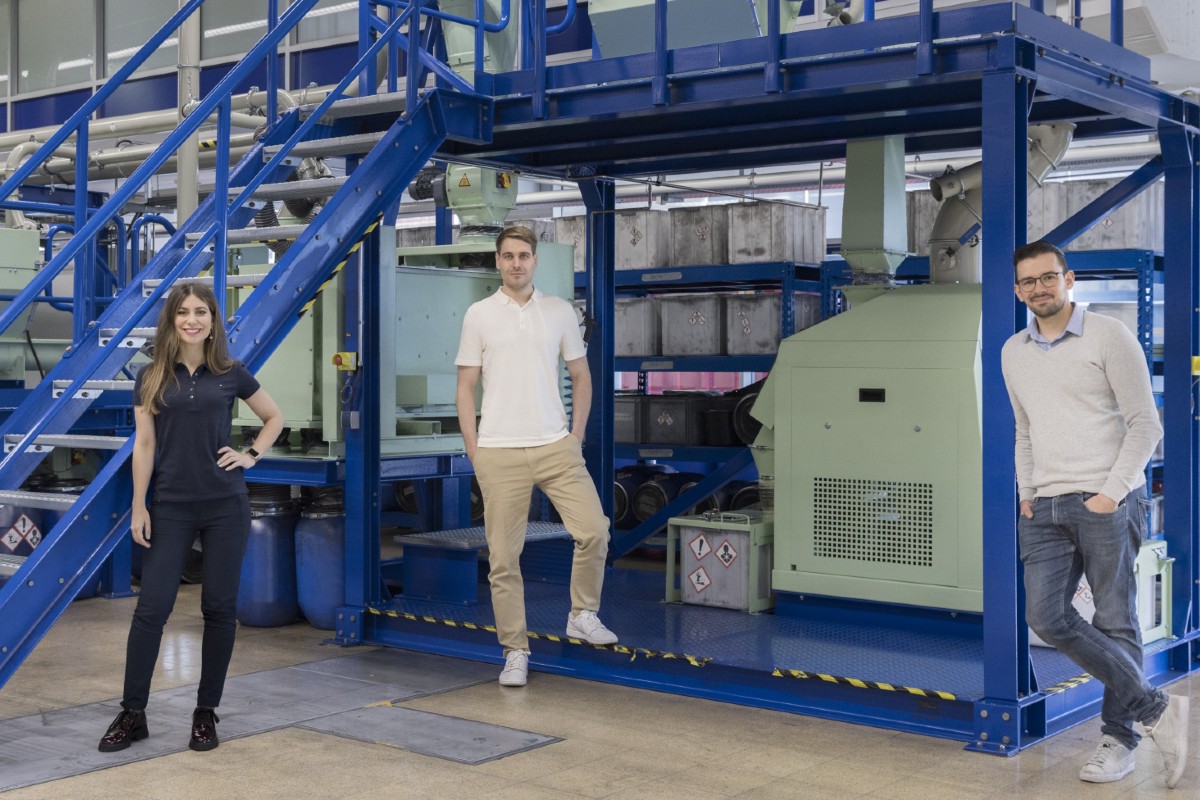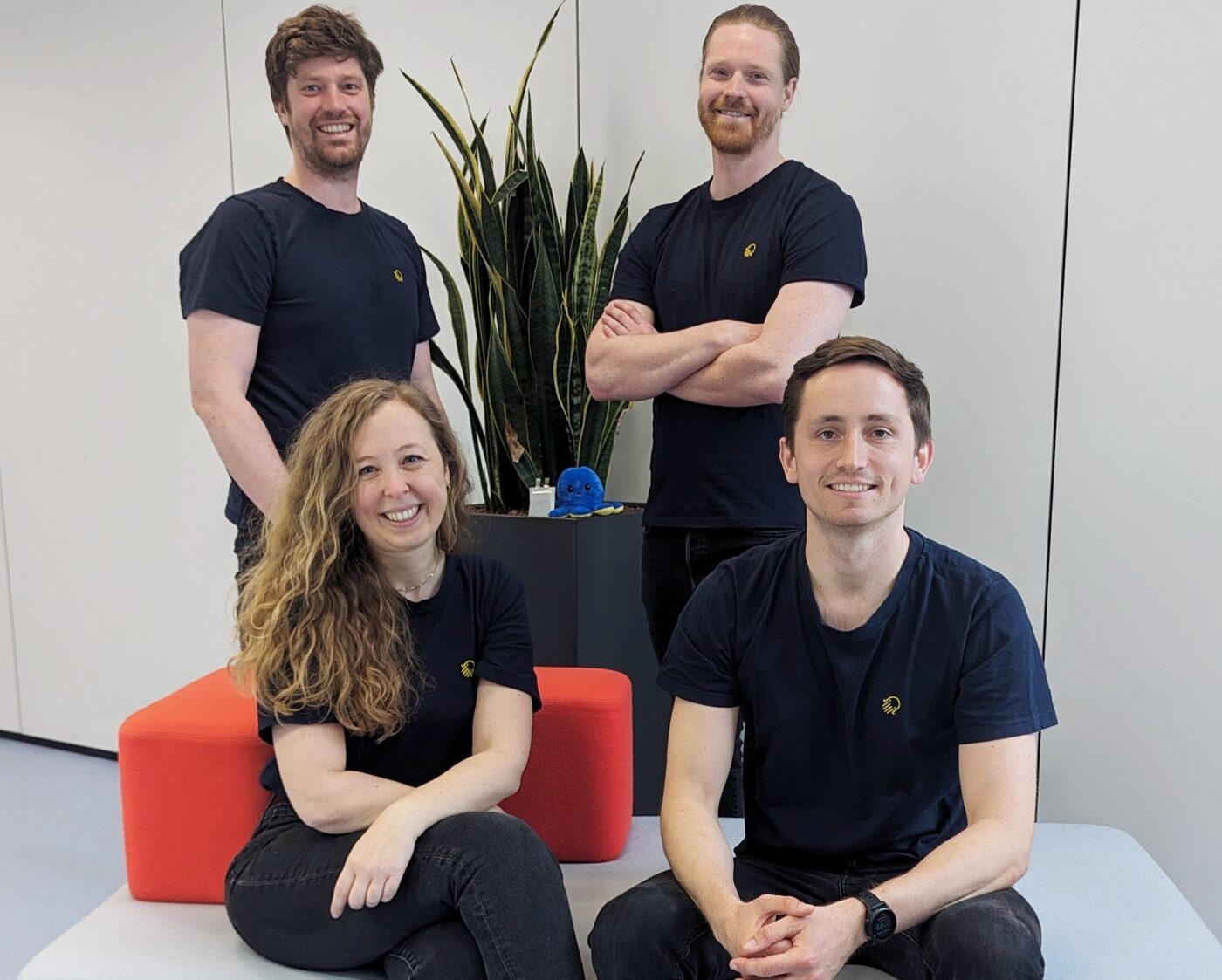UK-based clean technology group Altilium has announced significant progress in its EcoCathode hydrometallurgical recycling technology, focusing on improving the recovery of lithium from new battery chemistries. The company’s efforts aim to support the transition to net-zero carbon emissions.
Altilium’s EcoCathode technology is designed to recycle old electric vehicle (EV) batteries into high nickel P-CAM and CAM for direct reuse in new EV batteries. This approach is intended to reduce waste and establish a domestic, sustainable source of battery raw materials, potentially decreasing the UK’s reliance on imported materials from China.
Recent advancements include the successful recovery of over 97% of lithium from LFP batteries, which are expected to account for a significant portion of the global market by 2030. This development is seen as a step towards creating a circular economy for battery materials.
Additionally, Altilium has produced an advanced NMC 622 high nickel chemistry from a mixed stream of lithium scrap, demonstrating its ability to recycle both LFP and NMC batteries. This achievement is significant as the UK shifts towards lower-cost LFP batteries, which have traditionally been less attractive to recyclers due to their lower value components like iron and phosphate.
Altilium’s first mega-scale recycling facility, planned for Teesside, is designed to process a mixed feed of battery chemistries, including LFP. This facility, with a capacity to produce 30,000 tonnes of CAM per year, aims to contribute to meeting the UK’s projected battery demand of 91 GWh per year by 2030.
According to a representative from Altilium, “Our EcoCathode technology has the potential to significantly impact sustainable EV battery production. By recycling and upcycling old batteries, we are not only reducing waste but also creating a closed-loop solution that benefits the environment and the economy.”
Altilium’s initiatives are part of a collaborative R&D project with a leading automotive OEM and Imperial College London, supported by the Faraday Battery Challenge. This partnership highlights the importance of innovation and collaboration in driving sustainable practices in the automotive industry.

